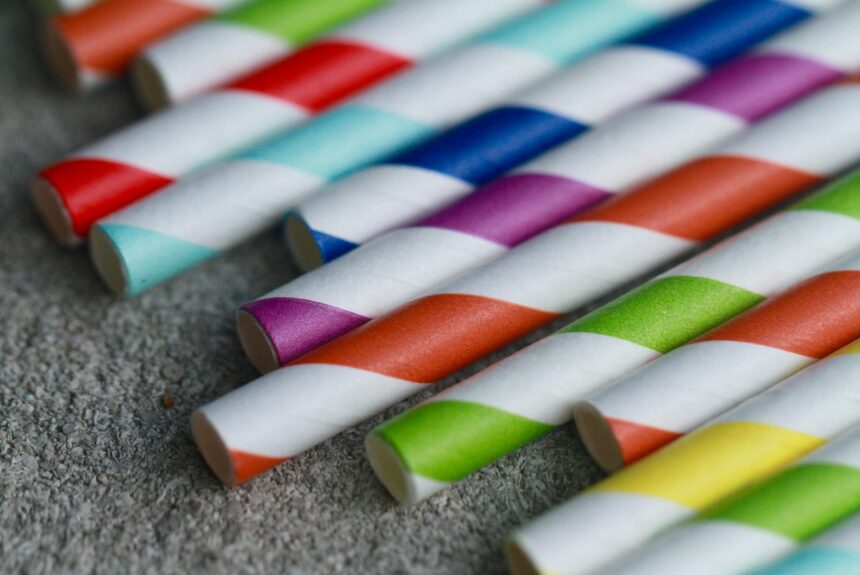Calls to save the turtles and protect wildlife have prompted many towns and restaurants across the country to scrap the use of plastic straws. Paper straws, which have become a popular alternative, have left many consumers unsatisfied due to their lack of durability and flimsiness. Pushback against these products has even created a cult-like following.
>>>READ: From Seed to Bottle: How the Wine Industry is Going Circular
Entrepreneurs are addressing these concerns by creating better, more durable alternatives than paper straws. One such startup is StrawFish, which is dedicated to creating new solutions for plastic pollution. The company was founded in South Florida in 2019 to “develop biodegradable products that bridge consciousness and consumption to highlight the impact our decisions have on the environment.”
Recognizing that environmental solutions will be the most impactful when they impose minimal costs on businesses and consumers, StrawFish set out to make an affordable and convenient alternative to plastic straws. Aaron Kleinert, the managing partner and COO of StrawFish recently explained:
“Learning that less than 15% of composting facilities in the US accept ‘bioplastics,’ our team couldn’t comprehend asking businesses and consumers to carry the responsibility of collecting, cleaning, sorting and sending this waste (on their own dime) to make sure it completes its life-cycle — many households also do not have the ability to spend hundreds (if not thousands) of dollars on a home composting machine. With this, the answer was simple — create solutions that consider how people use and dispose of waste in their everyday lives, how that waste is managed and the environmental conditions in landfills where the majority of this waste ends up.”
StrawFish’s solutions, which include cutlery in addition to straws, are built upon a decade of research and development. Instead of using paper or any other commonplace biodegradable material, StrawFish uses a truly unique material to create products: seashells. The shells are collected from the Baja Peninsula in Mexico, where the discarded shells pollute the local beaches. They are then transported to a facility where calcium carbonate is extracted from the shells and converted into a proprietary resin. That resin then builds the biodegradable products StrawFish sells.
The best part about this is that StrawFish products truly biodegrade. Many products marketed as biodegradable or compostable need a very specific environment to begin to break down and often cannot degrade in a landfill. StrawFish products attract microbes found in landfills and in the outdoors that eat away at the material and have been proven to biodegrade in 12 to 18 months. Contrast that time range with traditional plastic straws that take up to 200 years to decompose, and it is clear that StrawFish is the better option for reducing marine pollution.
StrawFish’s solution is drawing the attention of corporations and investors alike. In the first half of 2023, the company generated $2.3 million in revenue. It has also partnered with Royal Caribbean, Cava, Shake Shack, and Compass Coffee in Washington, D.C.
>>>READ: The U.S. is Now Home to the World’s Largest SAF Facility
I had the fortune of trying Strawfish’s straw first-hand. While I typically skip the use of straws to limit single-use items in my life, the product’s wrapping which said “Turning Marine Pollution Into Disposable Solutions” caught my eye. Whereas paper straws disintegrate almost immediately, StrawFish’s hold up. They even look and feel like typical plastic ones, which made me curious enough to research the product and, much to my relief, find out about Strawfish’s biodegradable benefits.
Innovation is making alternatives to plastic better by the day. If you are out and about and spot a StrawFish option, you can use it with zero guilt and be happy about the impact the company is having on plastic pollution through its products.
Kelvey Vander Hart is a native Iowan, a member of the American Conservation Coalition, and a communications specialist at Reason Foundation.
The views and opinions expressed are those of the author’s and do not necessarily reflect the official policy or position of C3.
